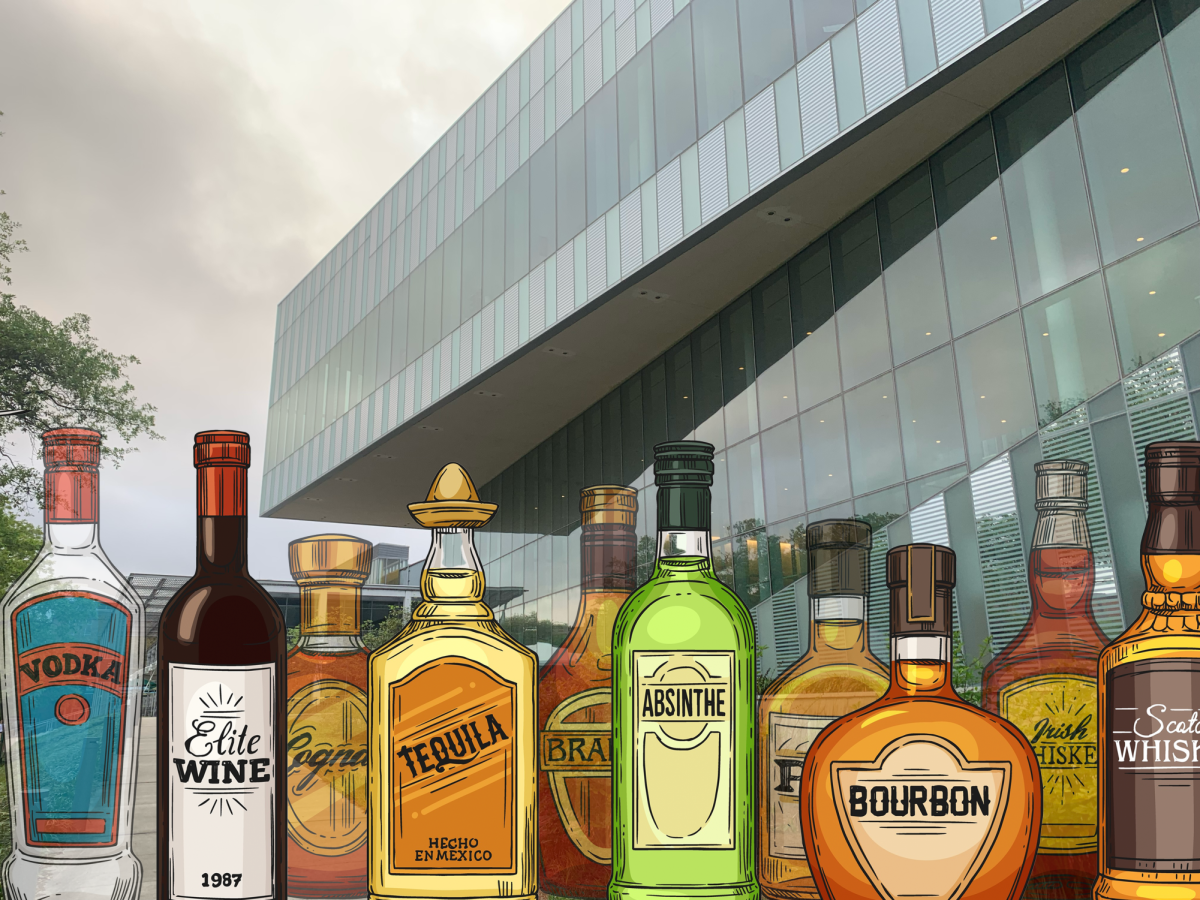This article is entirely satire. All information and interviews below are fictional and for entertainment purposes only.
Tulane University is widely acknowledged for its success in two areas — being an academically rigorous university and holding the title of the fourth largest party school in the country. As an academically prestigious university, Tulane prides itself in offering as much support and extracurricular opportunities to students as possible. It serves as a shame that despite the University’s efforts to “support” its student body, there is still a palpable injustice felt among its community — the lack of alcohol provided in the dining halls.
The Malkin Sacks Commons Dining Hall’s meal plan option is required for undergraduate students for their first two years. The university describes it as, “A bustling dining hall with a wide variety of food stations. Offers everything from comfort food to international cuisine.” With vegan, vegetarian and even gluten-free options, the dining hall is intended to be a space that is equitable and offers an option for every student. So, it begs the question: What about the students who enjoy alcohol?
Not one of the many “on tap” soft drink options offered by the dining hall has alcohol included in it. Further, the breakfast station that offers complimentary juices such as orange juice has never served a bottomless mimosa or Bloody Mary cocktail for students to enjoy. For the amount that students pay for these dining plans and the number of “options” that Tulane prides itself on offering, it fails to support students with the resources that matter — an open bar.
It can be argued that the university does not provide free alcohol because of its fear of promoting underage drinking. Also, students have the opportunity to consume alcohol elsewhere in establishments that are not on school property. To these remarks, it is crucial to acknowledge that there are many upperclassmen students who are of legal drinking age, and who would be inclined to opt into a meal plan that provides free alcohol. Further, in attempting to not provide underage students with alcohol, the dining hall neglects those who are older and of age underclassmen, such as transfers or students who skipped a few grades. Perhaps the University can take inspiration from The Boot Bar and Grill and provide minors with a paper band to distinguish the legal from underaged.
If the dining hall ensures that no minors are being served, they can promote students drinking on campus, a movement that could eliminate risks of drunk driving or spiked drinks at neighborhood bars. The Tulane community would be able to stay on campus — in a regulated environment — and enjoy vodka or other hard liquors at their convenience. This promotes meal plans, ensures safety and most importantly guarantees that the dining hall is equitable for all.



